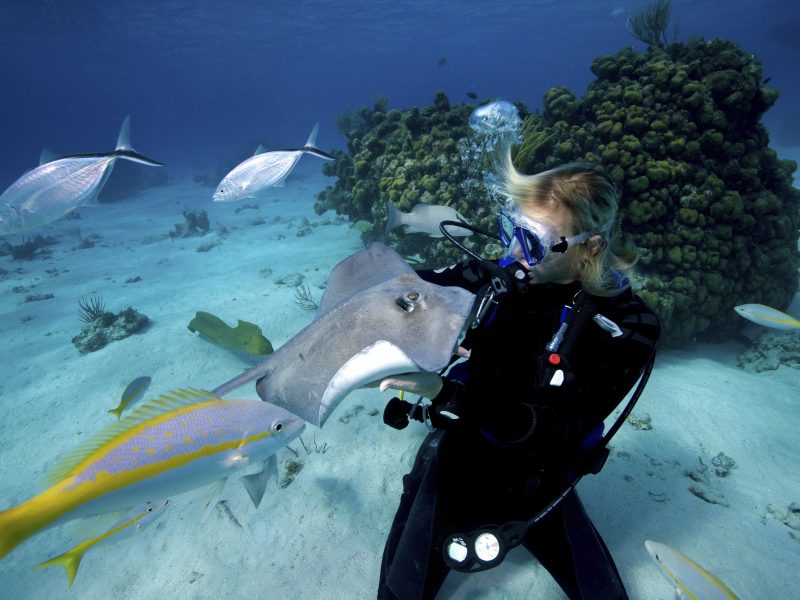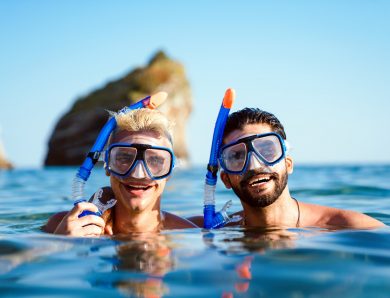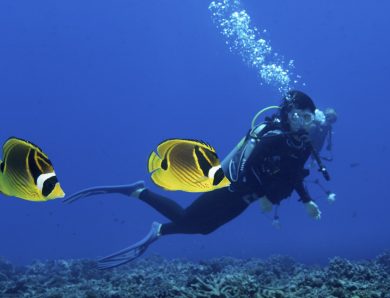
Scuba Diving in the British Virgin Islands
Scuba diving is an activity where you take part in a variety of underwater activities using breathing apparatus that is independent of surface air supply. The name scuba diving is derived from a 1952 patent by Christian J. Lambertsen, who came up with the idea of an independent air supply while using an underwater cylinder. Scuba divers usually use a regulator regulators in order to control the amount of oxygen in the water.
There are a variety of risks associated with scuba diving. There are a number of emergencies that can occur, including: a compromised breathing gas supply. As a result, divers are trained to share their oxygen and air tanks with each other. Some divers carry their own air supply, which they use in case of an emergency. The loss of breathing gas almost always results in an uncontrolled emergency ascent; the opposite is true for an uncontrolled emergency ascent. Other urgent emergencies can be due to a failure of depth control, a medical emergency, or a combination of these conditions.
If you’re a first-time diver, you should consult a doctor before going on your first dive. Scuba divers should be careful not to use any medications that may impair their ability to breathe at depth. They should also ask their physician about medications that are safe to use underwater. In addition, they should not drink alcohol before diving. A medical professional should be consulted before undertaking a dive. The best way to ensure your safety is to consult with a doctor.
Scuba diving is best for experienced divers. A doctor’s checkup should be done before diving if you have a heart condition, diabetes, or any other medical problem. Scuba divers should be aware of any medical conditions that may prevent them from participating. It is important to make sure that you have a clean bill of health. In case of an emergency, you should not dive without a qualified physician. This is a serious risk in diving.
The British Virgin Islands are a great place to go scuba diving. For instance, the RMS Rhone is a famous site to dive because it’s a ship that sank in 1867. You can see barracudas, stingrays, angelfish, and octopus at the RMS Rhone’s wreck. This dive site is 90 feet deep and has an abundant variety of marine life.
The British Virgin Islands offer many dive sites. Several are well-known wrecks that have a rich history. The British Virgin Islands are also great for drift diving. The Round Rock Drift is a great example of this. It is a beautiful dive that stretches between two sets of exposed rocks. Large boulders covered with soft corals and sponges are often found in this area. You can see schools of Bar Jacks and Creole Wrasse in the water and explore the ship’s past.


